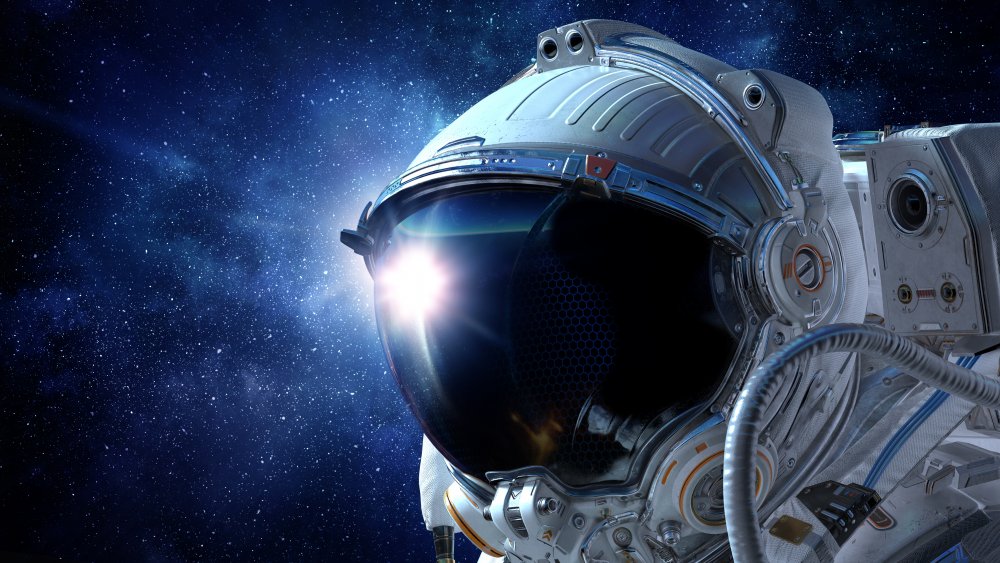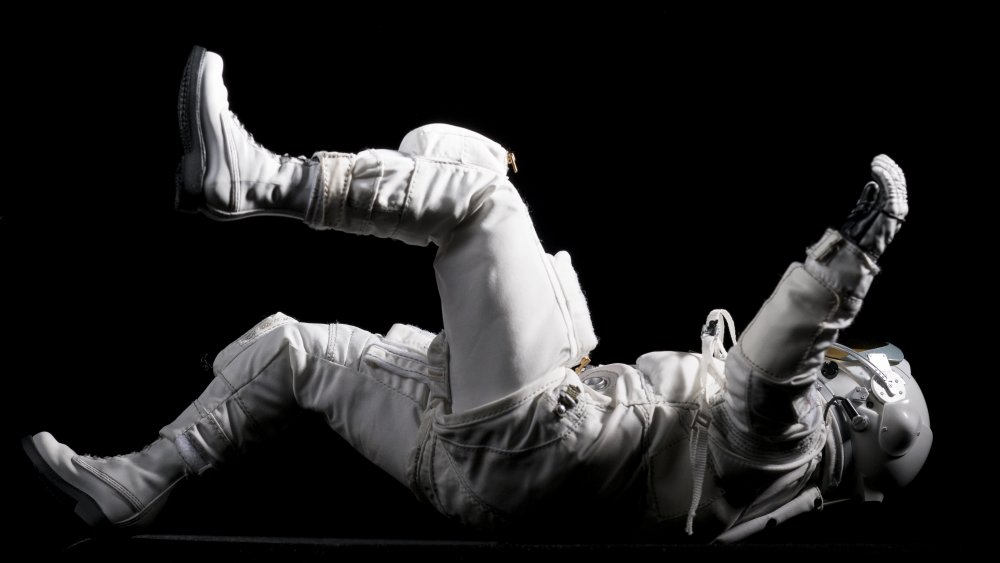What Would Happen If You Got Lost In Space?
Do you remember being a toddler and getting lost in the supermarket — That sinking feeling, followed by tears and a buzzing intercom?
What about as a teenager, when you tried to navigate somewhere without GPS?
If you're smart, you stay calm, but you can feel anxiety slowly eating away at your sense of well-being. Unless you're reading this from your abductor's bunker, you ended up just fine.
What about if you got lost in space — the infinite abyss of total unknown, devoid of the very resources human beings require to survive? There would be no galactic K-Mart managers to save you, and most likely your soul would be headed for the clearance rack.
Not to be a bummer, but the question then is not so much whether you'd make it out, but how you'd meet your end. The most likely scenario is that you would run out of what you need to survive — food, water and oxygen.
Why it's not a good idea to be lost in space
If you're on a functioning spaceship, with a way to grow and cycle all those supplies, you'll probably end up running into something like radiation or an asteroid that will rock your world. Otherwise you'll die of old age. For the sake of realism, let's assume you don't have a perfect spaceship at your disposal, and you're just free floating without a suit.
Space says the nitrogen in your blood will begin to collect around the surface of your skin, puffing you out to twice your size, causing severe tissue damage. Your skin would also severely burn from the uninhibited radiation permeating space. But you wouldn't be dead yet.
Your blood circulation will keep you insulated long enough to not immediately freeze your internal organs. However, if you had unlimited oxygen but not insulation, you'd certainly succumb to the cold, as space is generally around minus 455 degrees Fahrenheit in the shade, according to Space.
Without oxygen you'd pass out in about 15 seconds. Holding your breath won't do you any good either, because space is stronger than your lungs, and it would suck the air right out of you.
From here, you've got another two minutes or so before your body totally shuts down. And that's it.

